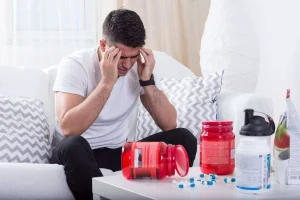
We’ve covered a lot about the connection between alcohol and panic attacks. Remember, it’s common to experience anxiety after drinking, sometimes even a full-blown panic attack. This can be due to how alcohol affects your brain, changes in blood sugar, or even withdrawal symptoms. Our heart rate slows down, our muscles start to relax, and anxious thoughts come to a halt, giving us a temporary sense of calm. On top of that, the boost in our feel-good hormones can lift our mood.
Does alcohol permanently worsen anxiety?
- AddictionResource aims to present the most accurate, trustworthy, and up-to-date medical content to our readers.
- Addressing alcohol anxiety involves professional treatment, self-help strategies, and potential medication use.
- Some people may experience isolated panic attacks without developing a full-blown disorder.
- Melody is here to help as you adjust to a life with less (or no) alcohol.
- Remember, it’s not just alcohol which can causes symptoms that lead to panic attacks.
- Additionally, chronic alcohol use can lead to tolerance or dependence, as well as cause physical damage to the body (including the brain, liver, and heart).
- Speaking with friends and family can help them prepare to support you when a panic attack strikes.
Yes, unfortunately, alcohol withdrawal can trigger panic attacks. This is sometimes called “hangxiety.” If you’re struggling with alcohol withdrawal, please reach out to a healthcare professional. While the symptoms of a panic attack after drinking alcohol can mimic a regular panic attack, there are some key differences. Alcohol-induced panic attacks are often directly related to alcohol consumption—either during intoxication or during withdrawal. Regular panic attacks, however, can occur seemingly out of the blue, without any clear trigger. Conversely, excessive alcohol consumption can increase the risk of developing anxiety disorders, creating a vicious cycle of co-occurring disorders.
The cycle of alcohol and panic attacks
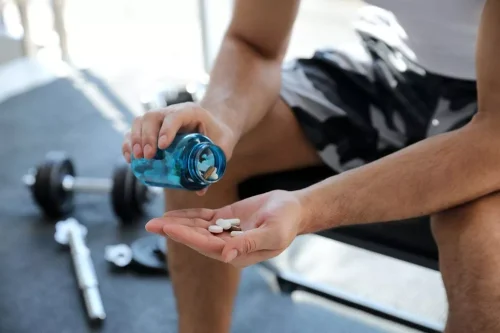
Addiction Resource does not offer medical diagnosis, treatment, or advice. Only trained and licensed medical professionals can provide such services. If you or anyone you know is undergoing a severe health crisis, call a doctor or 911 immediately. According to research, high alcohol doses induce sadness during intoxication, developing into alcohol and panic attacks anxiety during hangover and withdrawal. Social anxiety disorder is one of the best examples of alcohol use to ease inhibitions and facilitate social interactions. This in-depth guide explores compulsive personality disorder tests, helping you understand the disorder, recognize potential symptoms, and find appropriate resources for professional diagnosis.
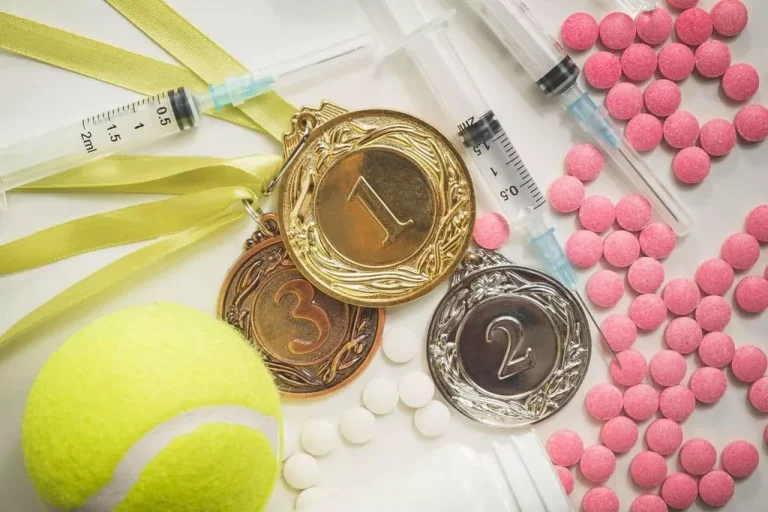
Stop Trauma Dumping: A Guide to Healthy Sharing and Support
Drinking can also cause hangovers, which usually consist of symptoms like nausea, dizziness and headaches. But there can also be a feeling of anxiety and panic the next day. A 2018 narrative review suggests =https://ecosoberhouse.com/ that 21.9% to 24.1% of people with an anxiety disorder or mood disorder use alcohol or drugs to relieve their symptoms. Anxiety attacks are slightly different from panic attacks as the former often have distinct triggers and the latter seem to happen randomly although alcohol can trigger them. Anxiety attacks typically last anywhere from five to 20 minutes, but they can last up to an hour.
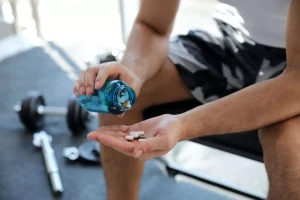
Studies have shown a different trend of alcohol use in people who are diagnosed with generalized anxiety disorder or panic disorder. For many people with these mental health conditions, unhealthy drinking behaviors begin around the same time as the disorder’s symptoms. Sometimes, people turn to alcohol or other substances to help them hide from their problems or cope with symptoms of mental illness. In some cases, people with certain mental health conditions, such as anxiety or panic disorder, might develop an unhealthy relationship with alcohol. It throws off the balance of the hormones and brain chemicals that control our moods and emotions. Over time, alcohol decreases production of the neuro-transmitter GABA (a chemical in our brain that helps us feel relaxed).
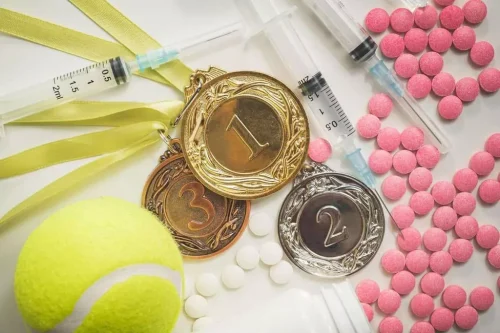
Sleep Disruption and Panic Attacks
It’s also common to feel a loss of control or even like things aren’t real. The initial symptoms of anxiety and panic may be related to alcohol withdrawal. It could also be that alcohol use provides a mechanism for these disorders to develop. The onset of symptoms related to social anxiety disorder and agoraphobia can be a trigger for some Sober living house people to develop unhealthy relationships with alcohol. This article explains the links between alcohol and anxiety and how to manage anxiety disorders and AUD in daily life.
Physical Symptoms
Sometimes, after drinking, your body might react in ways that feel a lot like a panic attack. These physical symptoms can include a racing heart that feels like it’s going to beat out of your chest, shortness of breath like you can’t quite catch your breath, and chest pain or tightness. You might feel dizzy or lightheaded, and your hands or whole body could start trembling or sweating. These are common physical symptoms of an alcohol-induced panic attack. Developing coping strategies and seeking support are essential steps in managing anxiety during this transition.
This process alters brain chemistry, potentially leading to dependence. Alcohol withdrawal can cause severe symptoms due to these neurochemical imbalances. Alcohol use disorder (AUD) is a chronic brain disease characterized by compulsive alcohol use, loss of control over intake, and negative emotional states when not using.
Alcohol can produce a sense of euphoria and decrease a person’s inhibition. These effects can make it seem like drinking alcohol is providing the person with relief from their anxiety. According to the NIAAA, anxiety and other psychiatric disorders are common among those with AUD. AUD and psychiatric conditions may exacerbate each other, so it is possible for alcohol to worsen anxiety. The best way to prevent panic attacks from alcohol is to quit or cut back.
